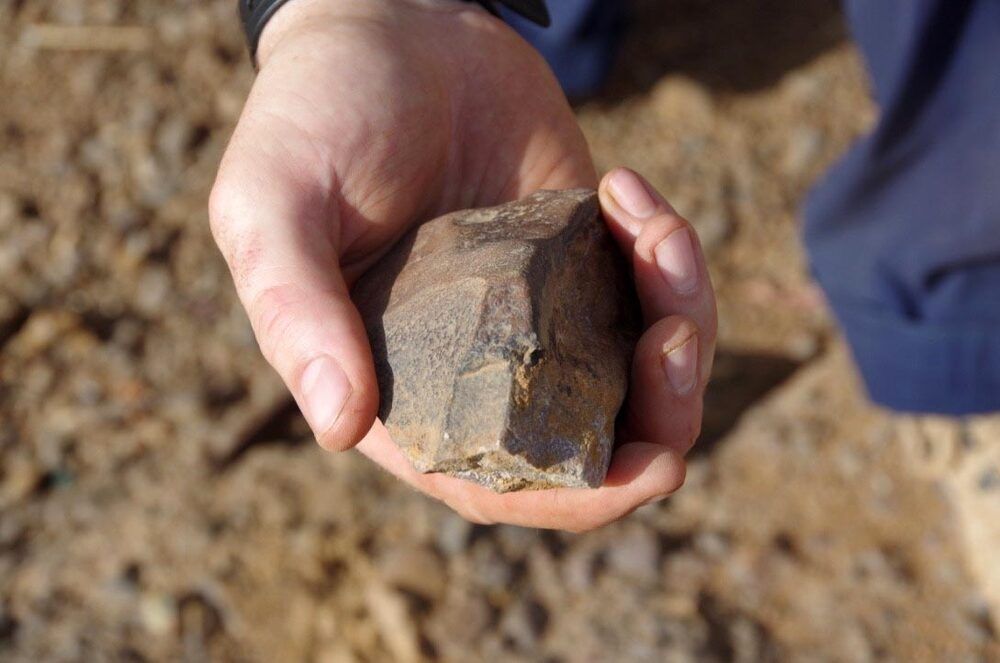Some 11 thousand years ago, Africa’s furthest west harbored the last populations to preserve tool-making traditions first established by the earliest members of our species.
Fieldwork led by Dr. Eleanor Scerri, head of the Pan-African Evolution Research Group at the Max Planck Institute for the Science of Human History in Germany and Dr. Khady Niang of the University of Cheikh Anta Diop in Senegal, has documented the youngest known occurrence of the Middle Stone Age. This repertoire of stone flaking methods and the resulting tools includes distinctive ways of producing sharp flakes by carefully preparing nodules of rock, some of which were sometimes further shaped into tool forms known as ‘scrapers’ and ‘points.’ Middle Stone Age finds most commonly occur in the African record between around 300 thousand and 30 thousand years ago, after which point they largely vanish.
It was long thought that these tool types were replaced after 30 thousand years ago by a radically different, miniaturized toolkit better suited to diversified subsistence strategies and patterns of mobility across Africa. In a paper published in Scientific Reports this week, Scerri and colleagues show that groups of hunter-gatherers in what is today Senegal continued to use Middle Stone Age technologies associated with our species’ earliest prehistory as late as 11 thousand years ago. This contrasts with the long-held view that humanity’s major prehistoric cultural phases occurred in a neat and universal sequence.
